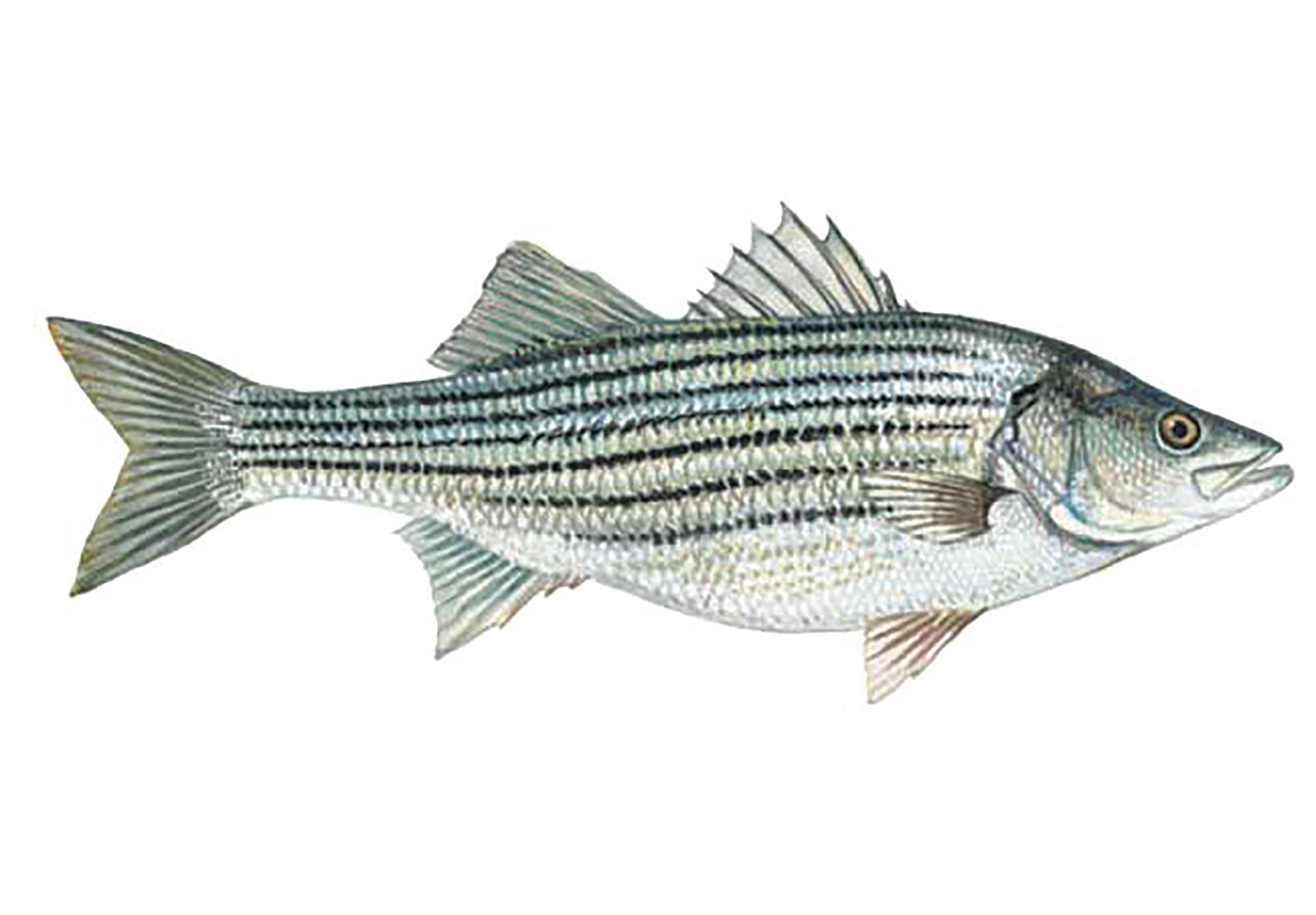Lake Murray striped bass dying due to 'temperature-oxygen squeeze'
COLUMBIA - Boaters on Lake Murray may notice dead or dying striped bass in the water over the next several weeks, according to fisheries biologists with the S.C. Department of Natural Resources.
Summer-time striped bass die-offs are associated with a water-quality phenomenon known as the "temperature-oxygen squeeze" that occurs in many reservoirs in the Southeast where striped bass are stocked. At Lake Murray, this type of fish kill generally occurs during the latter part of the summer and varies in magnitude from year to year. Similar summer die-offs have occurred at Lake Murray since 1973.
Each summer Lake Murray becomes stratified into several water layers that have cooler temperatures as you go deeper and various levels of dissolved oxygen, which fish need to survive. During the early summer months, striped bass, a fish that prefers cool water, concentrate at depths containing the best balance between cool temperatures and suitable oxygen levels. As summer progresses, temperatures in the upper layer exceed those preferred by striped bass, and some fish become confined to the deeper and cooler waters of the bottom layer. As the oxygen levels in the deepest layer are depleted through natural processes, the fish become stressed because of the lack of sufficient oxygen. When conditions persist, many of the stressed fish will eventually die.
Live-caught fish are safe to eat, despite the die-off, and therefore SCDNR encourages anglers to keep fishing. Those who are fishing for striped bass should abide by the special summer regulations. From June 1 through Sept. 30, it is unlawful to take, attempt to take or possess more than five striped bass a day. That is, once you have caught five striped bass, whether they were harvested or released, it is illegal to continue to fish for striped bass.
Anglers are encouraged to harvest their legal catch (five striped bass), as most striped bass will not survive being caught and released during summer.
More Articles to Read

